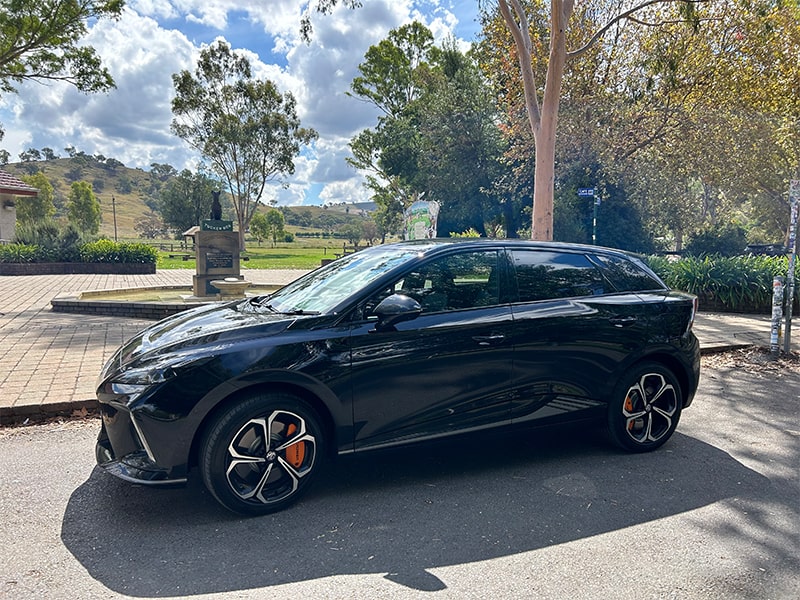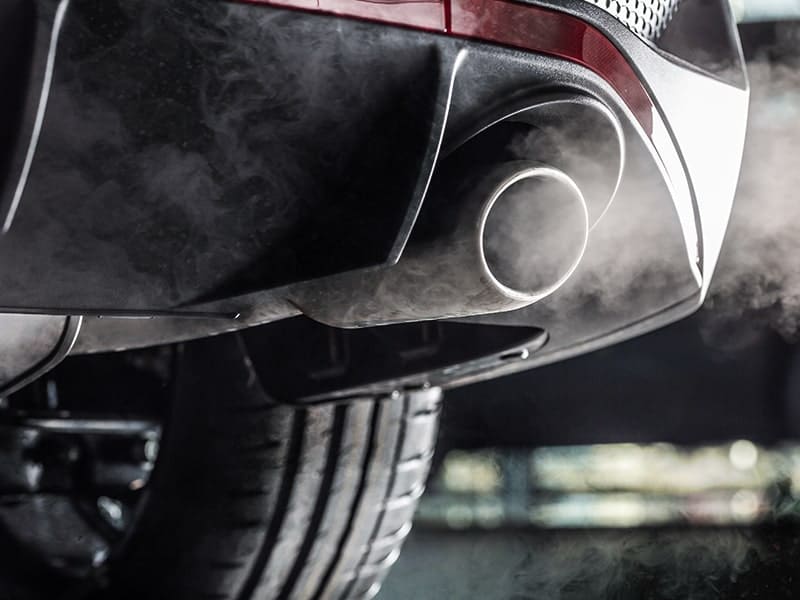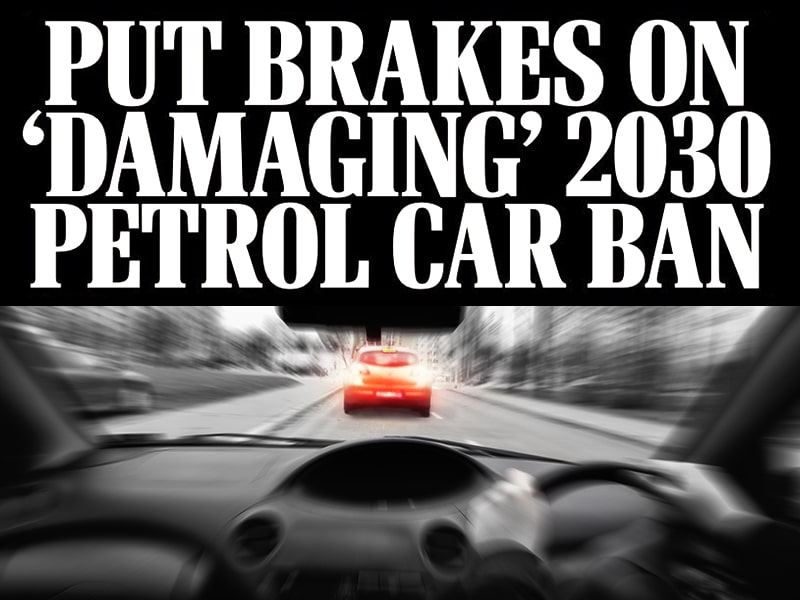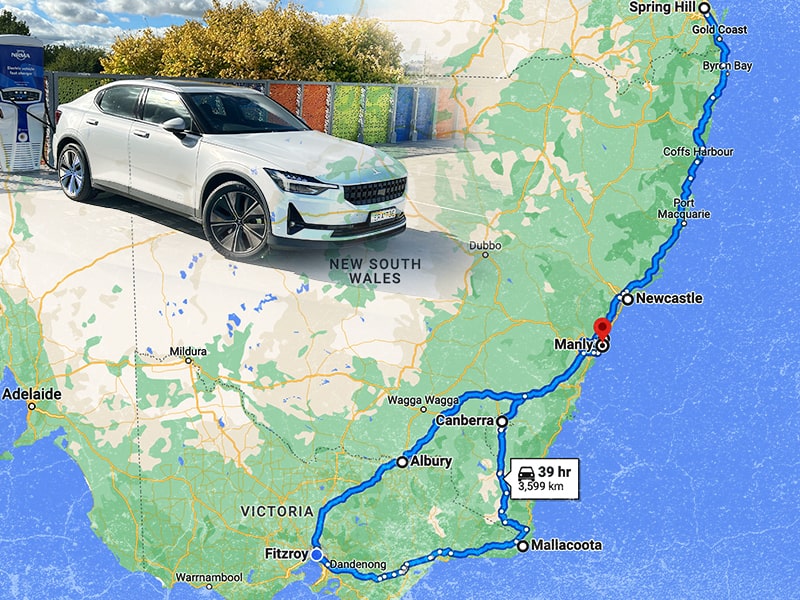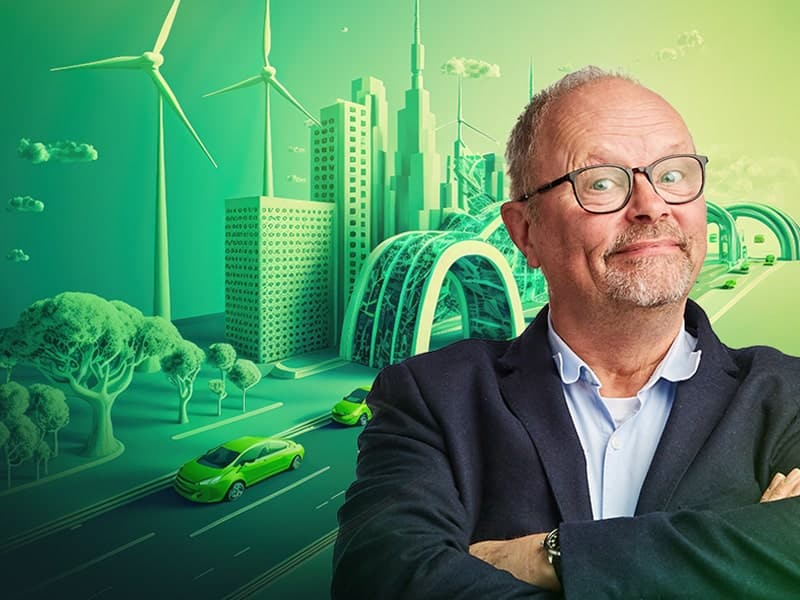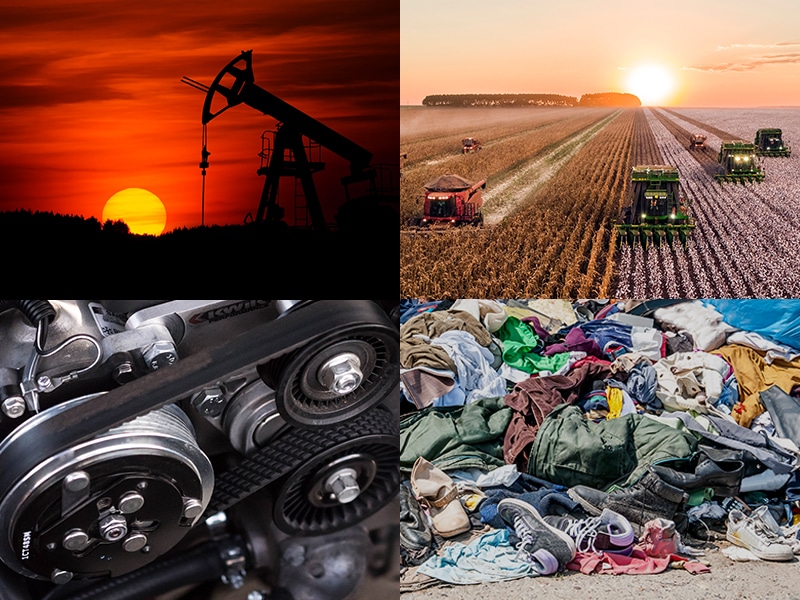
As I’m sure you are aware, the United Nations Intergovernmental Panel on Climate Change report on land use came out a while ago. It was fairly chilling.
In many ways it turns the petty shifts in politics we’re seeing with Brexit, Trump, Brazil, East Germany, Hungary and Hong Kong into the fairly irrelevant and passing spasm category. I generally try to maintain a cheery optimistic outlook, but clearly without fairly fundamental changes to the way we live, things are going to get a bit iffy. Not for the planet, I really do dislike terms like ‘we’ve got to save the planet’ or ‘I’m doing my bit to save the planet.’ The planet is fine, it’ll be here long after we’ve all gone, the human race and all the creatures that live on it are slightly less fine.
But as we’ve seen, the release of this report inflames a strong reaction. Partly because of the enormous growth of inequality that has taken place during my lifetime and partly because canny populists know how to twist these challenges to suit their power grab agenda.
For example, if you are unimaginably rich, you’ll be tempted to help maintain populists because they protect your position. If, however, you are among the 90% poor, or worse, the 30% poverty stricken in the world, barely able to feed yourself or your children, being told that your very existence is threatening life on earth is not a great help. Whereas being told it’s all nonsense and we can ‘make earth great again if we just burn more coal’ is far more appealing. And so much simpler to communicate.
Of course there are solutions, ready to go, the incredible technological advances we’ve seen in the last 50 years are clearly the next step the human population should pursue. But the status quo is very well entrenched and for good reason. We’ve been burning coal for the last 200 years, we know how to do that, it’s easy. Pay men really badly, send them down a hole, make them dig coal, transport it miles on trains and trucks, burn it, make stuff. Likewise oil, we’ve been burning that for 120 years, drill a hole, oil comes out, refine it in massive industrial complexes, burn it, do stuff. It’s easy, the infrastructure is there, the systems for taxing it are in place, it’s much easier to carry on regardless.
It’s basic human nature to carry on doing the thing you know, even if some annoying people are suggesting it’s a bit short term. Many of us understand there are alternatives, and the problem the established energy industry is facing now is the alternatives are cheaper. That’s another existential crisis, because they have this massive legacy of power plants, coal mines, gas fracking systems, pipelines, refineries and storage tanks. Huge investments built up over many decades, and rapidly becoming worthless.
It’s not going to be easy to dismantle this global infrastructure, and there are many powerful and well resourced groups determined against all the evidence to keep that system going. I’ve come to understand this difficult transition from studying the one industrial sector I know well, the automotive industry. Many in that industry are already grappling with the sheer scale of transitioning away from building traditional combustion engine cars and building electric ones. It’s really hard. They’ve been making the traditional ones for over 100 years and it works fine. Or it has been working fine until very recently. I have now heard two executives from really big car companies describe this transition in off the record comments as ‘an existential crisis for the automotive industry.’
Tesla, which is a free market, essentially conservative brand run by a man who is anything but a tree hugging lefty liberal, has become a beacon of light in an otherwise chaotic and crisis ridden industry. Yes, I have seen all the ‘Tesla are Doomed’ clickbait stuff, but they are making a lot of cars and are, in terms of battery technology, availability and software, still way ahead of the competition. Tesla, along with the new Chinese start-ups like Nio, BYD, and Byton, and American companies like Lucid, Rivian and Bollinger don’t have the legacy of a massive engine manufacturing infrastructure to get rid of. They don’t have to change the way they work, they are not encumbered with 100 years of industrial development and investment.
So the established companies are struggling, they are held back both by their management who are trying to work out how to change, and by the fact that they are having to think about things that never occurred to them in the old model. Traditionally they built a car, it used fossil fuel, they didn’t need to think about that. It was just there, in a filling station. They didn’t need to think about supplying it, that wasn’t their job. They built cars, there was another sister industry that supplied the fuel. They also never considered the consequences of burning all that fuel in densely populated cities. They could sell these vehicles at close to cost price in many cases because a hefty chunk of their income came from maintaining them with endless expensive servicing and parts replacement. It’s a brilliant business model and it served them well for many decades.
But it’s coming to an end. Now car manufacturers need to think about how people charge the cars they build.
Oh dear.
I can only assume they are hoping that other people will sort that out, some of them are making tentative steps to support or encourage the installation of charging systems but it’s very patchy. Car makers have close to zero idea of how different the customer experience is, they build new electric cars with only the mildest changes to the control interface which is generally woefully inadequate for a very different technology. When you drive an electric car on a long journey, which, I wish to state again, is less often than you think, you need the simple reassurance that you will make it to the next charge point without stress.
Tesla did that from the get-go, the software is exemplary, I hope others copy it. But Tesla also built an incredible network of easy to use charging points that are faster and more reliable than any other system I’ve ever used, okay, except for Fastned in the Netherlands. Those always work, are easy to find and are fast. Nio have done it in China, with a network of not only superfast charge points but a string of battery swap stations that actually work. Taking out the depleted battery and fitting a new, full one in a matter of minutes.
Ten years ago, BYD made batteries for mobile phones and computers, now they build buses and cars. Millions of them. And they make the batteries that power them. BYD build electric busses that are sold all over the world. In Europe and the USA, we are still making diesel buses. So yes, the automotive industry as a whole is in an existential crisis, I have no idea which companies will survive, but I’m increasingly confident some of them won’t.
However, before I sign off, there’s a couple of important points worth making. Food and clothing production. Another two global industries that I predict are going to go through radical change, not because of some ‘save the planet’ marketing nonsense, but simply because they have to.
The impact of food production is obvious, the notion that we should eat less meat, or indeed no meat, is gaining ground at a speed I would never have predicted. We use vast swathes of agricultural land to grow food to feed animals that we kill and eat, and that process is comically inefficient. It’s not a bit of extra feed to get through winter as was the case in a bygone age. It’s many billions of tons of Soya and grain globally which produce a few millions of tons of meat.
And then there’s the fashion industry, which, in the last year or so, is just beginning to acknowledge the impact of their activities. This is still mainly under the radar but it’s a shocking state of affairs. When I made a TV show 12 years ago about how landfill is managed in the UK, I stood in the massive pit where the rubbish lorries deposited their compacted loads. Everything you’d expect tumbled out of these trucks, but the one thing I didn’t expect was cloth, tons of it, massive rolling piles of discarded clothing. Due to the mind boggling scale of clothing production, clothes are so cheap now we can wear and throw away, except as we’re learning, finally, is there is no ‘away.’ Just like an exhaust pipe that ‘throws toxic fumes away.’ Away to where we live and breath.
So we have to change, and it will be better when we do, but it’s not going to be easy.




